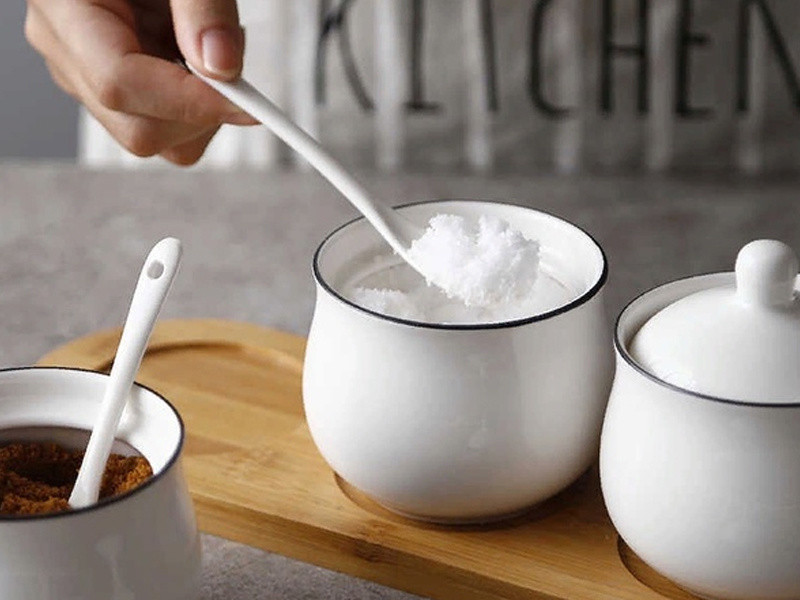The Environmental Benefits of Using Wooden Spatulas in the Kitchen
As more consumers turn towards eco-friendly products, the kitchenware industry is seeing a rise in the popularity of wooden spatulas. These natural utensils, made from bamboo, beech, or maple, are not only aesthetically pleasing but also provide several environmental benefits over their plastic or metal counterparts.
2024/09/18

As more consumers turn towards eco-friendly products, the kitchenware industry is seeing a rise in the popularity of wooden spatulas. These natural utensils, made from bamboo, beech, or maple, are not only aesthetically pleasing but also provide several environmental benefits over their plastic or metal counterparts.
Wooden spatulas are biodegradable, making them a much more sustainable option compared to plastic spatulas, which contribute to environmental pollution when disposed of. Additionally, wooden utensils are non-toxic and free of harmful chemicals such as BPA, which are commonly found in plastic kitchen tools. This makes them a safer choice for both the environment and human health.
Another significant advantage of wooden spatulas is their ability to withstand high temperatures. Unlike plastic spatulas, which can warp or melt when exposed to heat, wood is naturally heat-resistant and can endure high cooking temperatures without issue. This makes wooden spatulas perfect for frying, sautéing, or stirring hot liquids.
Moreover, many wooden spatulas come from sustainably sourced wood, contributing to a reduction in deforestation. The rise in eco-conscious consumers means that more kitchen brands are focusing on producing quality wooden spatulas that meet both environmental and durability standards. As the demand for sustainable kitchen products grows, wooden spatulas are expected to remain a popular and responsible choice for home cooks.
Key words:
Previous:
The next one:





